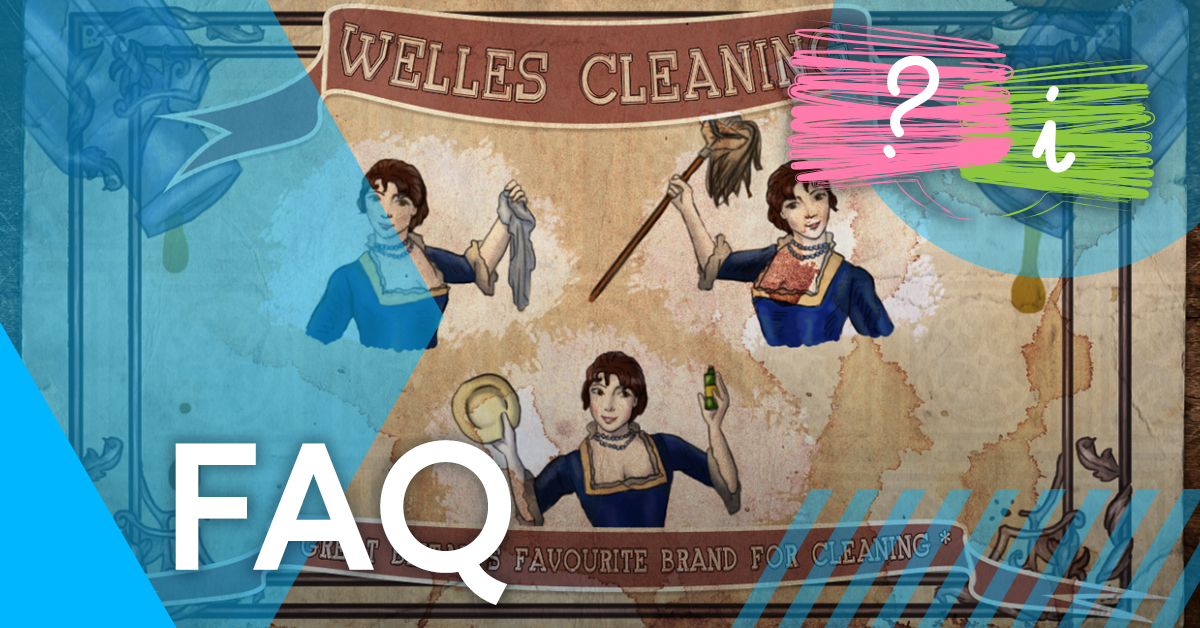What does Brexit mean for HACCP?
Posted 5 years ago

On 31st January 2020, Britain officially left the EU. For better or for worse, the effects of this decision will reverberate through all industries and all areas of society for years to come.
But what does it mean for HACCP and, more broadly, food safety laws in the UK?
In the immediate aftermath of Brexit day, not much will change. The 1st of February was the beginning of a nearly year-long transition period where all EU regulations are still in place and have full effect in the UK. Between now and the end of 2020 this will continue to be the case.
After that, who knows?
During the transition period, the UK government will be in talks with the European Parliament, trying to thrash out an agreement on just what our relationship will be from 2021 onwards. This agreement will include rules on trade, travel, and business, as well as food safety regulations. But, until that deal has been reached (assuming it is reached, it’s still possible for the transition period to end with no deal) then we won’t know for certain what will happen.
Chlorinated Chicken and Hormone-Treated Beef
There are fears by many that after the transition period is over, the UK will relax its food safety and animal welfare regulations in order to secure a trade deal with the USA.
In particular, people are worried that chlorinated chicken and hormone-treated beef will be allowed into the UK. Both are currently banned by the EU, despite protests by the USA.
The EU states that feeding cattle growth-enhancing hormones can have a detrimental effect on the people who eat the meat; and that, whilst chicken chemically cleaned using chlorine doesn’t pose a risk to consumers, it does increase the chances of neglect and animal cruelty throughout the life of the chicken prior to slaughter.
The environment secretary, Theresa Villiers, has claimed that the legal barriers to the importing of either kind of meat are “going to stay in place”. And whilst the Prime Minister has agreed that the UK will not accept any “diminution of standards” on food and animal welfare in trade talks with the USA, he has also stated that there’s a “certain amount of [hysteria]” surrounding American food products and that going forward British food standards would be “governed by science, not mumbo-jumbo”.
But, given that the US Secretary of State, Mike Pompeo, insists that chlorinated chicken must be included in UK/ US trade talks, and given that the Prime Minister has a strong interest in securing a trade deal with the US, it’s anyone’s guess which regulations will be given up as “mumbo jumbo” in exchange for a decent trade deal.
HACCP
The legal requirement to adopt a process of food safety based on HACCP comes from an EU regulation, meaning that it will no longer be enforced on the UK from the EU after the transition period is over. However, the same legal requirement currently exists in UK law through the Food Safety and Hygiene Regulations 2013.
Whether these regulations are amended or repealed in the wake of Brexit remains to be seen, but given that many non-EU countries, including the USA (HACCP was a joint creation between NASA, the US Army, and the Pillsbury Company, afterall) have similar requirements, it’s fairly likely that HACCP will continue to be a requirement in a post-Brexit Britain too.
Online Food Safety & Hygiene Training
Here at iHasco, we offer cost-effective, interactive online training courses that help your organisation towards compliance with legislation surrounding working with food. Including our effective HACCP Level 2 online training course.
These courses can all be completed in under an hour, on any device, at any time.
Take a look at our Food Hygiene Certificate Bundle and claim your no-obligation free trial today!


James Kelly
Senior Scriptwriter
Related articles



Opt-in to our newsletter
Receive industry news & offers